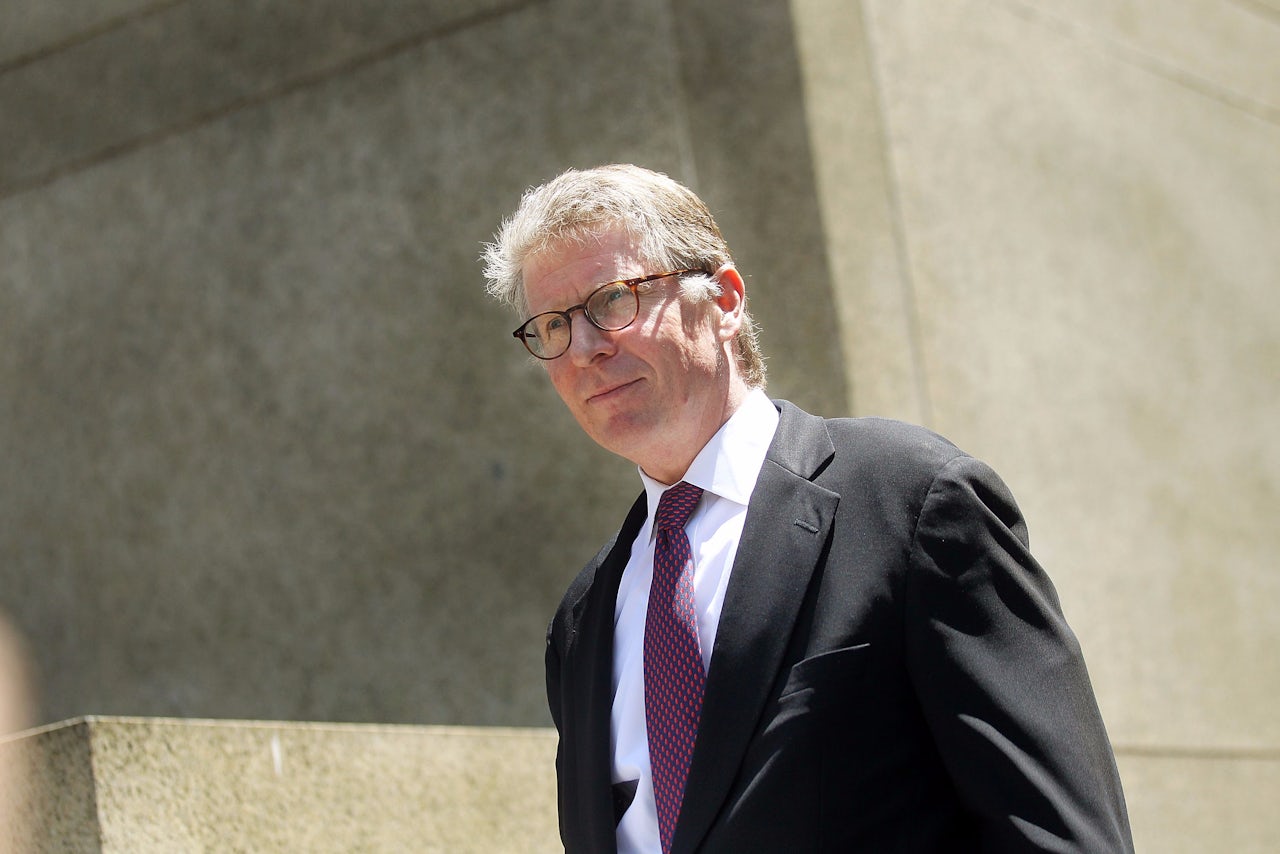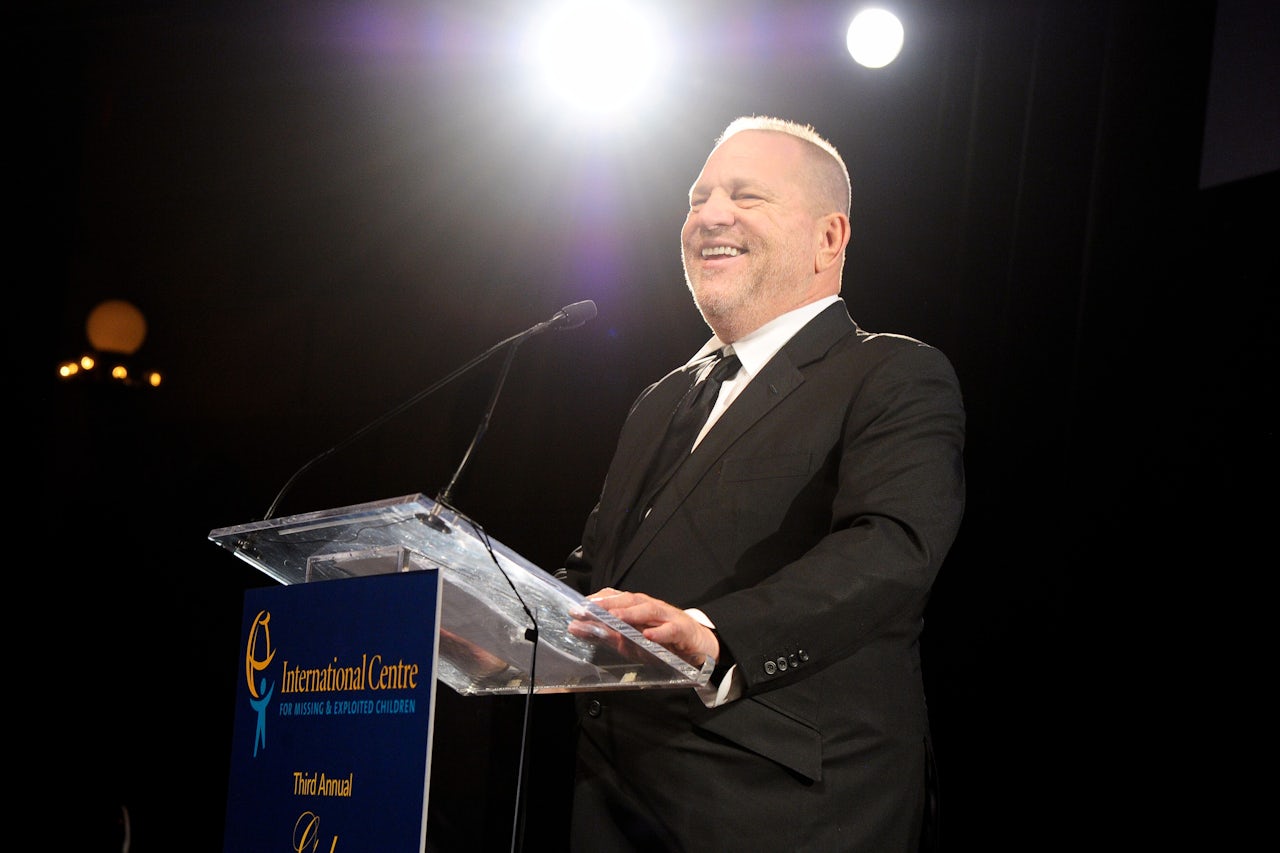If you’re looking for an example of unequal treatment perpetuated in our criminal justice system, you should look no further than the decisions made by the Manhattan District Attorney’s office.
Last week, as reports of Harvey Weinstein’s decades of sexual harassment and assault became public, news emerged that Manhattan District Attorney Cyrus “Cy” Vance Jr. had declined to prosecute Weinstein in March 2015 for misdemeanor sexual abuse, a charge that carries the maximum of three months in jail or one year’s probation, plus a $500 fine. It was later found that the prosecution was in possession of a recording from a sting operation, including the victim, where Weinstein had admitted he had committed the assault. Still, Vance declined to file the charges. Last week, the International Business Times reported one major conflict of interest regarding the case: Weinstein’s lawyer, David Boies, donated $10,000 to Vance in August 2015, four months after Vance declined to prosecute.
The case is emblematic of Vance’s time in the DA’s office. Throughout his two terms – and he’s likely to win re-election next month – Vance has shied away from prosecuting powerful people like Weinstein, even when the cases are solid, and he’s chosen repeatedly to go after less- influential people when the cases are suspect or the crimes committed didn’t hurt anyone. Beyond Vance’s own office, however, it highlights a more pressing, systemic issue: there are two different justice systems for two different Americas.
The Weinstein decision echoed another one made earlier in Vance’s career as DA, a position he was elected to in 2009. Dominique Strauss-Kahn, the former head of the International Monetary Fund, was accused in 2011 of sexually assaulting a housekeeper at a hotel in Manhattan. Vance also declined to bring charges in that case. “I look at the DSK case as a paragon,” Vance told the New York Times in a 2013 interview, “because we absolutely believed this poor woman should be believed over this powerful man, and when additional facts came out, we were willing to show them to the defense.” (Those “additional facts,” as Colorlines noted in 2011, didn’t have anything to do with the accuser’s account of her assault at the hands of Strauss-Kahn.)
Vance has shied away from prosecuting powerful people, even when the cases are solid.
Vance, as City and State wrote in a 2011 profile, “won office after campaigning on promises to pursue crimes directed at women and seek stronger penalties for perpetrators of intimate partner violence.”
Apart from Vance’s miserable failure at doing either of these things, Ivanka and Donald Trump Jr. were, similarly to Weinstein, left untouched by Vance in 2012 even after Vance’s major economic crimes division recommended that he should bring charges of felony fraud against them for “misleading prospective buyers of units in the Trump SoHo, a hotel and condo development.” Less than six months later, ProPublica reported, the Trumps’ lawyer had donated and raised over $50,000 for Vance’s re-election. It was only after the ProPublica story came out that Vance — who is running for re-election unopposed — returned the donation.
In May, Politico New York found that arrests for low-level marijuana possession last year ended in convictions at a much higher rate for people of color than white people in every borough of New York City. Manhattan, however, was by far the highest: 51 percent of all marijuana “offenses” committed by black people led to conviction, 46 percent for Latinx people, and 23 percent for white people. Politico New York also found that 72 percent of marijuana offenses involving white people were ended in “adjournment for contemplation of dismissal (‘ACD’ for short),” which is basically a suspension of the case that ultimately results in dismissal so long as you don’t commit the same crime again within a given period of time.
This year, Republicans didn’t even bother to put up a challenger against Vance.
White defendants saw this leniency 72 percent of the time, Latinx defendants, however, received one only 46 percent of the time, and black defendants received an ACD just 42 percent of the time. (The percentage of white people receiving an ACD was higher than the city average, while the percentage of cases involving Latinx and black people resolved with an ACD were both lower.) Four months after the Politico report, Vance expanded the ACD policy. "Until the legislature makes progress on marijuana, we are making these ACDs as short as practicable in order to reduce these harmful collateral consequences,” he said at the time.
Even with financial crimes, in a district which includes Wall Street, Vance’s office targeted the lowest hanging fruit for prosecution. In May 2012, Vance brought a 184-count indictment including fraud and grand larceny against Abacus Bank — a family-owned institution started by Chinese immigrants — and 11 of its employees. When the trial took place in June 2015, the bank and its employees were found not guilty on all counts. After the ruling came down, one former prosecutor for the Manhattan DA’s office told the New Yorker of Vance’s willingness to try to make an example out of this small, obscure bank: “This case just involved a terrible example of poor judgment by the prosecutor.”
For an example of how grossly immoral and fraudulent major financial institutions have acted, David Dayen recently reported for The Nation that after JPMorgan Chase settled with the federal government for a multi-billion dollar fine for its role in the housing crisis, it then satisfied part of those obligations by “forgiving” loans it didn’t own anymore. And yet Abacus, which was the subject of a recent PBS documentary, is to date the only American bank ever charged in connection with the financial crisis. Abacus currently has $267 million in assets, which sounds like a lot; in its last annual report, JPMorgan Chase reported having nearly $2.5 trillion in assets.
There aren’t many crimes that you can’t get away with in this country as long as you have money.
There’s a case to be made that Vance’s conduct is a result of his office being an elected one where money must be raised, and there’s some truth to that. But the Manhattan District Attorney’s office is one of the safest positions in the country; Vance is just the third DA elected in the borough since 1942. After Vance won the Democratic primary in 2009, he won the general election that year with 91 percent of the vote and was elected four years later with 84 percent of the vote. This year, the Republicans didn’t even bother to put up a challenger against him; it was only after the scandals dropped that a Democratic Socialists of America member and former Brooklyn ADA named Marc Fliedner began mounting a write-in campaign.
Truth be told, Vance – whose father served as Jimmy Carter’s Secretary of State – probably didn’t need the money, although it certainly shows unethical behavior. What Vance needed was to not be embarrassed by a high-profile loss, which even with the tape was a real possibility if he had gone against a team of multi-million dollar lawyers. Vance, like most prosecutors, is measured on his job performance by conviction rates. It’s an inherent flaw in a system that’s already inherently flawed: if you’re Vance, going after hundreds of poor and working class people of color who receive an overworked and underpaid public defender usually gets you surefire convictions; going after someone like Weinstein, who began building a team of all-star lawyers even before the stories dropped, isn’t such a sure bet.
At this point, it shouldn’t be news to anyone that our system is classist, racist, and sexist, and that it rewards financial and social capital above all else. And as the Weinstein case shows, we need the institutions that people actually interact with in their daily lives — schools, workplaces, places of worship, and community centers — to properly deal with charges of harassment and abuse, so that other potential Weinsteins are brought to justice. Because as Vance’s inaction in these cases show, there aren’t many crimes that you can’t get away with in this country as long as you have money.

